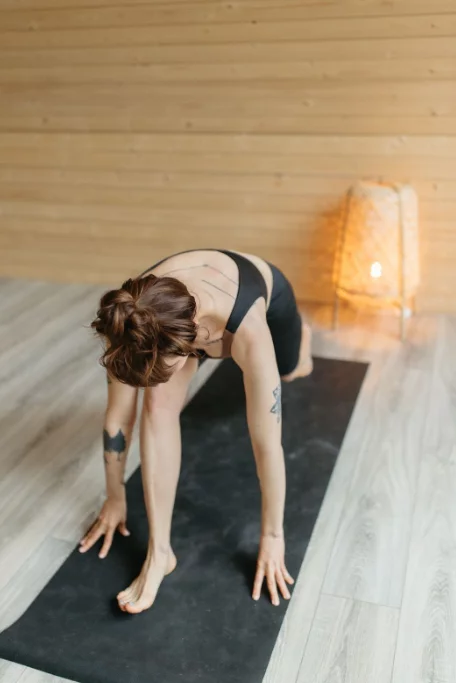
It always hurts to be in pain, but when you’re feeling the sharpness of chronic pain alongside addiction concerns, it may feel like you have nowhere to turn. The relationship between chronic pain and addiction is a tumultuous one, but it’s one you can find support for.
That support will look different for everyone. Below, you’ll find tips to navigating chronic pain alongside your recovery and answers to the questions that may help you make sense of the complicated space you find yourself in.
Developing an addiction in response to pain
Living in pain makes it more likely that someone will be prescribed opiates or painkillers to manage their symptoms and make their lives feel meaningful. Over time, those medications become less effective by design. Painkillers aren’t meant to be a long-term solution, but for people who experience pain long-term, there isn’t a better alternative.
When their medications stop giving the relief they once did, the person in pain may begin to seek other options to fill that gap in order to continue meeting the demands of their body. This is where the slippery slope begins because, at this point, neither path is going somewhere that will be sustainable for a holistically well life experience.
Whether you are in recovery, actively still in addiction, or supporting someone who is in these spaces, it’s important to consider the impact of chronic pain on addiction in a holistic sense.
Body

Chronic pain doesn’t get better with time, and it often leaves you feeling a whole host of emotions about how to navigate it. It’s frustrating, especially as you continue to feel incapable of carrying on with no end in sight. Having your hope stolen with every breath is defeating in an entirely new way.
But even when your body is failing you, you can make choices other than giving up. Some days, your commitment to honoring your body may be to rest. You can find mindful meditation in bed, while you’re resting. On the days you feel capable, gently stretching your muscles or working your body in safe ways may help you to alleviate the domino effect of chronic pain like muscle atrophy and stiff joints.
Mind
It is a heavy mental weight to bear, navigating the pain in your body and the conflict of managing it. Many of the ways you once used to deal with the pain are no longer accessible to you in your sobriety but can be nonetheless tempting. Adding to the challenge are the complex mental gymnastics you need to endure to remind yourself of what you truly want—sustainable recovery. Be gentle with the thoughts that come up in the duality surrounding managing these needs.
If you find yourself thinking thoughts that you thought you were long past, do not sit with them in judgment. When it feels good, you can bring these thoughts to your therapist, sponsor, or mentor to talk about the way they’re landing for you.
These thoughts and feelings may include:
- Doubt about your recovery
- A desire to use that feels more powerful when your pain is high
- Guilt that undermines the hard work you’re already doing
- Anger at yourself or your body for putting you in this position
- Frustration or confusion at the turmoil of these competing needs
- Isolation from your recovery, your friends, or your life
- A sense of failure, or negative self talk that encourages you to fail
Thinking about things that feel counterintuitive to your healing is actually a positive part of self-actualization. Giving space to those thoughts without giving them any power will return the power they once held back to where it rightfully belongs: with you.
Does chronic pain lead to addiction?
While chronic pain doesn’t necessarily cause addiction, there is a notable correlation between the two. That’s a hefty sentence and largely deflects the question. But there really isn’t a simple answer. Yes, chronic pain can lead to addiction. But no, chronic pain doesn’t cause addiction.
For some people living with chronic pain whose medication has stopped working, they seek the support of other therapies to manage the pain they’re experiencing. For others, they begin seeking other medications, alternatives, and substances that reduce their pain, just so they can get through.
These behaviors are often substance-seeking in nature and have the potential to become an addiction.
Managing chronic pain in recovery
For those who develop chronic pain after they’ve entered recovery, navigating any sort of pain management may feel like a volatile experience. How do you choose which risk is the easiest to navigate, and find support for the trauma it’s likely to bring up as you decide? Again, there’s no easy answer, but there is a plethora of support available to you through recovery and long-term support programs like therapy and group connection.
For our clients, we offer alternative support therapy that includes opportunities to alleviate pain through routes outside of medical practice. Things like acupuncture, reiki, movement therapy, and even nutrition can complement other pain relief modalities that you may undertake with your health professionals like physical therapy or massage.


